FAQ: 2020 Farm Requirements
A detailed FAQ about the Rainforest Alliance 2020 Sustainable Agriculture Standard Farm Requirements.
Home / Business / Certification / Page 28
Certification has had a huge impact in bringing sustainability to the forefront of business thinking, but it must continue to evolve to provide more value to farmers and companies and ensure that people and nature can thrive in harmony.
That's why the Rainforest Alliance launched its new Certification Program, which entered into force in July 2021. The Sustainable Agriculture Standard, along with its assurance and technology systems, are data-powered, and based on the principles of continuous improvement, risk-based assurance, contextualization, and shared responsibility. This is how we can deliver more value to the two million farmers and thousands of businesses that use Rainforest Alliance certification to drive more sustainable agricultural production and responsible supply chains.
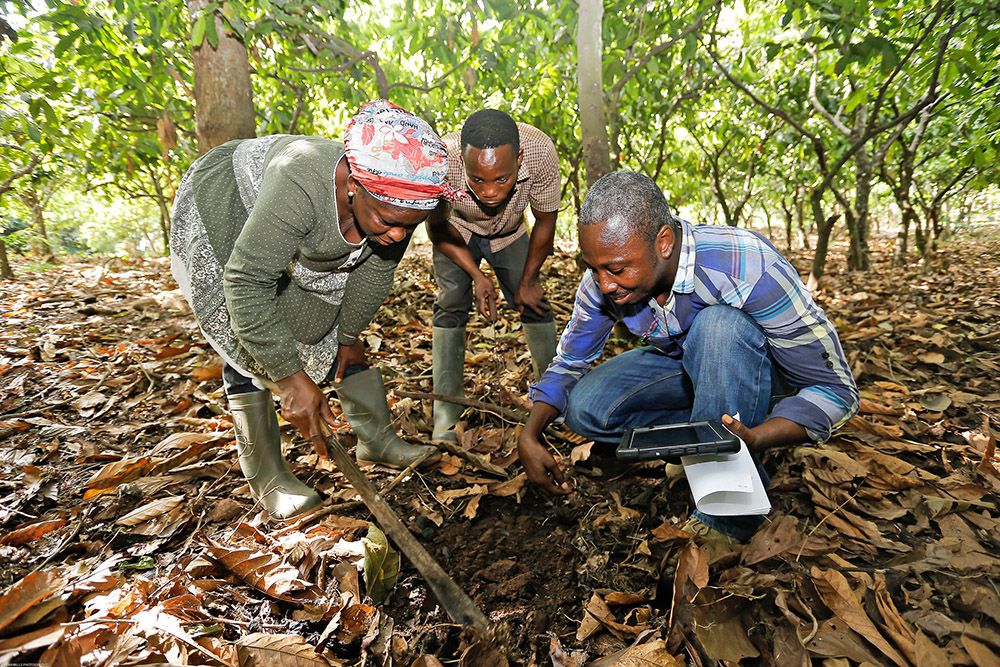
The certification program is part of the Rainforest Alliance’s strategy to drive sustainability at scale in the sectors in which we operate through interconnected interventions supporting certification, tailored supply chain services, landscapes and communities, and advocacy.
Key priorities of our cocoa strategy are assurance, shared responsibility, supply chain transparency, and profitability and resilience.
How we have tailored the implementation and verification of standards requirements on child labor and forced labor to the risk exposure of each farm.
Our shared responsibility approach aims to distribute benefits and costs of certification more evenly between farmers and companies.
Begin your journey of certification with the Rainforest Alliance.
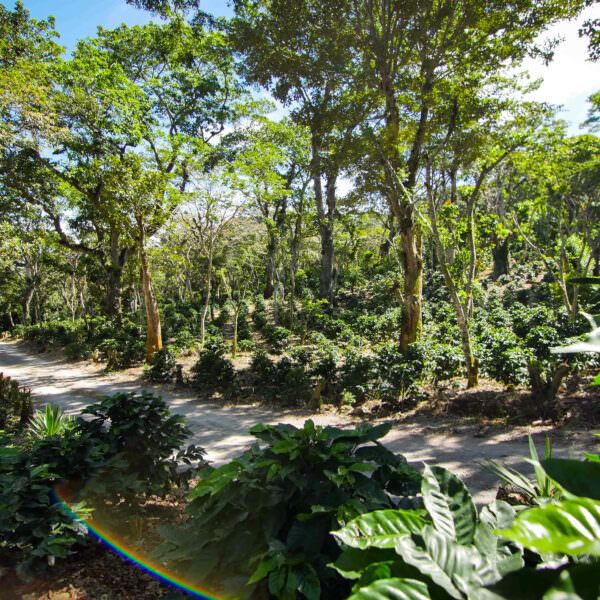
A detailed FAQ about the Rainforest Alliance 2020 Sustainable Agriculture Standard Farm Requirements.
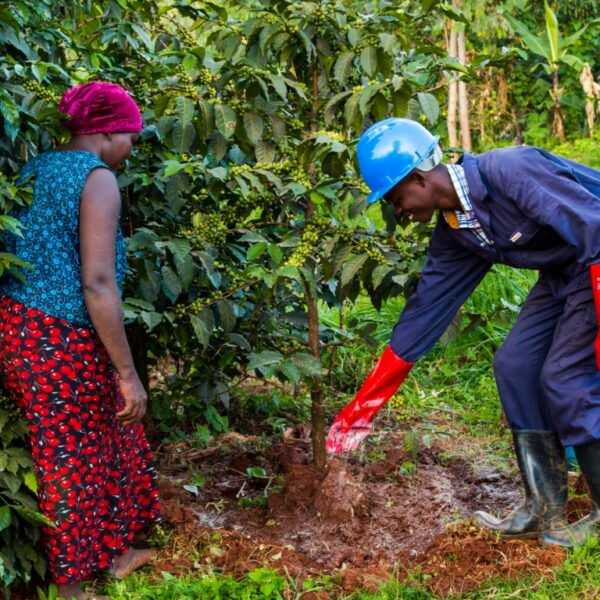
Find out what Ugandan coffee exporter, Kyagalanyi Coffee, had to say about the new program—from the improvements to the challenges.
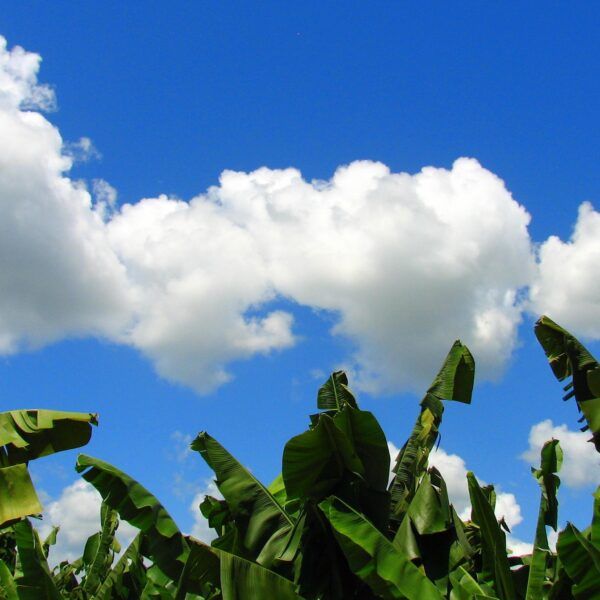
After teaming up for an early implementation pilot of our strengthened certification program, both Finca Esmeralda and the Rainforest Alliance took away learnings that will contribute to a more sustainable banana sector.
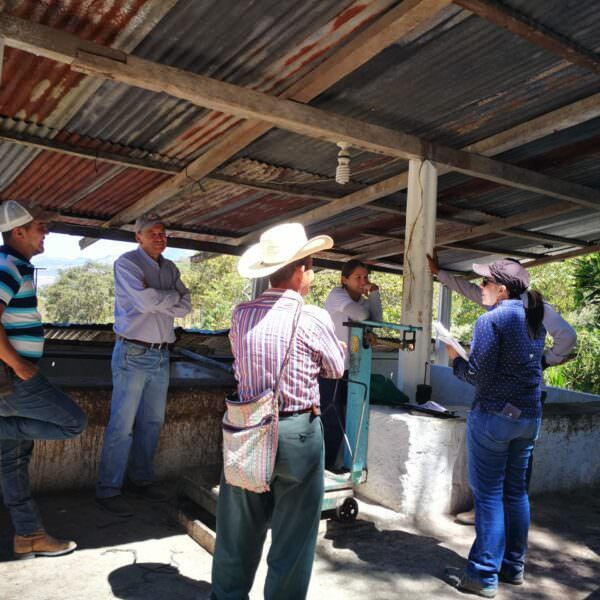
Rainforest Alliance certification is carried out by our authorized certification bodies. Find an authorized certification body in your county.

5THWAVE caught up with Colleen Popkin, Coffee Sector Lead, Market Transformation at Rainforest Alliance, to discuss why building climate resilience at origin is also not only great for the planet, but makes great business sense for farmers too.

This chart provides an overview of the annexes, policies and guidance documents available to Certificate Holders who are looking to implement the 2020 Sustainable Agriculture Standard and the Rainforest Alliance Certification program.

Non-binding forms and templates suggested to CBs so they can record other activities and processes as part of the Certification Process of the Sustainable Agriculture Standard 2020.

This document gives further explanation to group Certificate Holders (CHs) on: How to complete the applicable information in tab 3 of the GMR on geolocation data How to upload the GMR in the Rainforest Alliance Certification Platform (RACP) and How the deforestation and encroachment risk assessments are received and what to do with them

As part of the 2020 Certification program buyers of Rainforest Alliance Certified commodities will be required to make Sustainability Differential and Investment payments (formerly known as premium) to the certified farmer (groups). Here are the implementation timelines for each sector.... Continue Reading

This policy is to provide interpretation of the requirements in the context of Costa Rica law and regulatory processes on the respective requirements for water extractions until the conditions are favorable to obtain the necessary documentation required for water extraction and use.